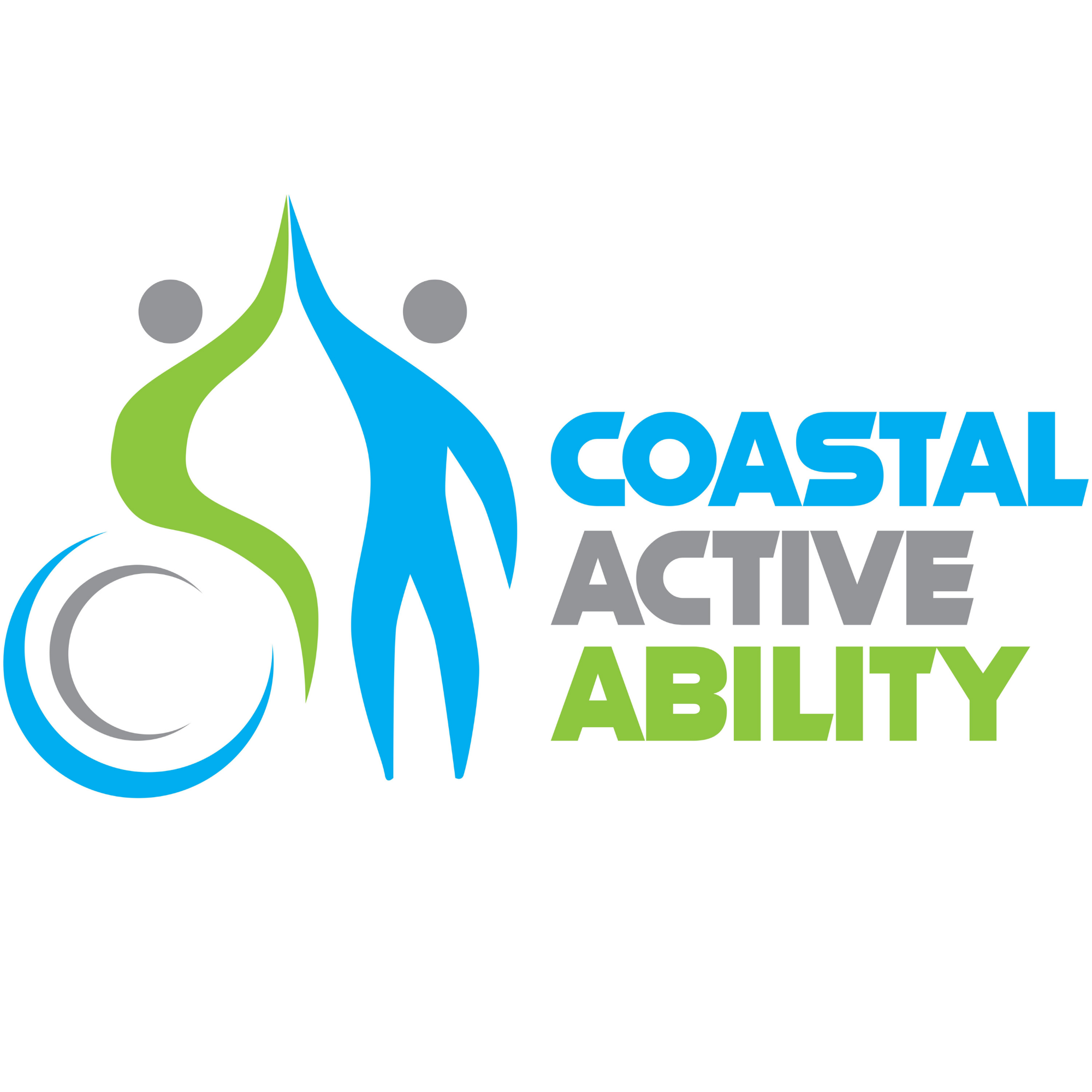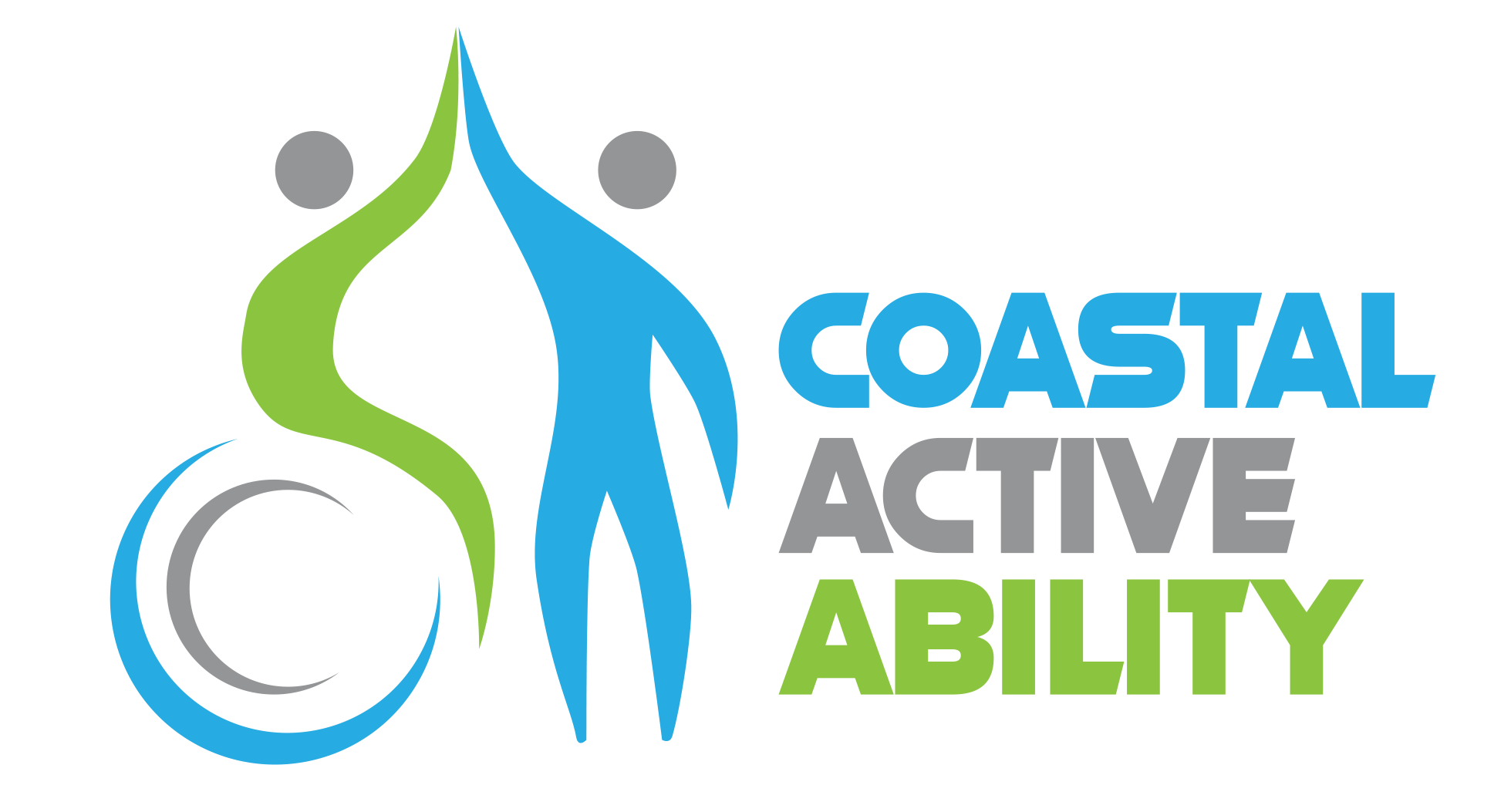Do not have NDIS? We can help you to apply and assist with the whole process. No fees upfront!
Contact UsYour NDIS plan is divided into 3 parts.
- ABOUT ME – describes who you are, your family, where you live and the people that form part of your daily life.
- YOUR GOALS – describes your goals and aspirations and should refer back to your Planning Meeting. It includes short term goals and long-term goals.
- YOUR SUPPORTS – lists the formal and informal supports that will help you work toward your plan goals.YOUR SUPPORTS either can be:Informal Supports
Family and friends, or services and community groups
You and your planner may have identified family, friends or mainstream services and community groups that provide you with support. This could be babysitting, respite, cleaning, personal care or social outings with extended family or weekly visits from local volunteers or other community-based supports. A Support Coordinator can also help you to connect with new informal supports if you request this assistance.
Mainstream supports
These can include the education system, the health system (GP, hospitals, dentist, specialists) and mental health systems as well as Centrelink.
Community supports can include the local libraries, swimming pools, play groups and community groups.
Formal Supports
This is funding that the NDIS provides so that you can access ‘reasonable and necessary’ supports that help you reach your goals and aspirations.
The amount of money allocated to these supports is largely based on the information you have provided or shared in your planning meeting e.g. the frequency of therapies recommended by your therapist or the nature of social interactions appropriate for your circumstances or the number of hours per day of assistance with personal care required to meet your goals.
Remember your plan is annual (some exceptions apply) so as your needs change so should your supports.
Your NDIS Formal Supports (NDIS funding) are divided into 3 sections:
1. Core
The Core support budget includes supports to help you complete activities related to daily living and work towards your longer-term goals.
It is made up of 4 support categories.
This is support that helps you travel to work or other places that will help you achieve the goals in your plan. You LAC will help you understand how to use it.
1. Assistance with Daily Life
This includes funding for:
- assistance with daily personal activities (showering, personal hygiene and moving around the house),
- assistance with household tasks – such as cleaning and maintenance to help maintain your home environment.
- assistance with preparation and delivery of meals – covers costs for a chosen service provider to prepare and deliver food on a weekly basis, taking your specific needs into account,
- assistance in shared living arrangements / supported independent living – incorporates assistance with and/or supervising daily life tasks in a shared living environment.
2. Assistance with Social & Community Participation
This includes support to help you to engage in social or recreational activities and become more involved in your community. These could include a combination of community and centre-based activities such as art classes, sports, camps, library visits or day trips that include mentoring or peer support to strengthen your ability to participate independently.
3. Consumables
This includes items you may need like continence products or low-cost assistive technology and equipment to improve your independence and/or mobility.
4. Transport
This is support that helps you travel to work or other places that will help you achieve the goals in your plan. How you can spend your transport funding and how it is paid to you (whether upfront or in regular payments) will be different for each person. Your LAC will explain how you can use this budget.
Core funding is flexible across all 4 support categories. For example: If you have a total ‘Core’ budget of $14,000, you can choose how to spend this across all four support categories.
Exception: If you have ‘Stated Supports’ – these can only be spent on what they specify.
2. Capital
The Capital Support budget has 2 support areas (categories):
- Assistive Technology: Includes items for mobility, personal care, communication and recreational inclusion such as wheelchairs, pressure mattresses, standing frames, bathing and toileting equipment, personal readers and vision equipment, and vehicle modifications.
- Home Modifications: The funds in this support category are not flexible and can only be used for the support category to which they were allocated to. E.g. for a ramp funded by home modifications or installation of a handrail in a bathroom.They can fund one-off purchases you may need (including Specialist Disability Accommodation).
3. Capacity Building:
Capacity Building Supports help build your independence and skills to help you reach your long-term goals.The Capacity Building categories are:
- Improved Daily Living (*CB Daily Activity)
- Improved Life Choices (*CB Choice and Control)
- Finding and Keeping a Job (*CB Employment)
- Increased Social and Community Participation (*CB Social Community and Civic Participation)
- Improved Health and Wellbeing(*CB Health and Well Being)
- Improved Living Arrangements (*CB Home Living)
- Improved Learning (*CB Lifelong Learning)
- Improved Relationships (*CB Relationships)
- Support Coordination
* This is the name it has in the NDIS MyPlace Portal
The amount of funding in each support category is flexible ONLY WITHIN that category.
This means that for each support category funding, you can decide which services or products you wish to spend your funds on.
For example, if you have $14,000 in CB Daily Activities, you can choose how much you might spend on OT, Speech Therapy and Music Therapy etc. You can choose how you spend the dollar amount in each support category by checking the NDIS price list and matching supports on the NDIS website.
Another example would be the support category: CB Social Community and Civic Participation: assuming you are allocated a budget of $5,000 to this category you could choose to spend $3,000 on peer support and $2,000 (or 36 hours at the price guide) on individual skills development.
You cannot combine funding across support categories. This makes sense since each support category is working towards achieving a particular goal.
Summary of Important Points:
- Your plan has a dollar amount that you can spend on each of the 3 support budgets (Core, Capital & Capacity Building) and it will be allocated to individual support categories, with a total plan budget being a sum of all support categories funded.
- Your plan should indicate how the supports will be paid and this should be based on the funding option you selected (agency managed/plan managed/self-managed) e.g. if you are plan managed it should say ” The supports will be paid directly to your plan manager.” For other supports it could say ” NDIS will pay my support provider for these supports”. For Transport its likely to say:” NDIS will pay you directly for these supports”
- The funds allocated to each budget (CORE/CAPITAL/CAPACITY) can only be spent on that budget.
- You can’t spend more than the total amount allocated to each budget.
- The amount allocated will not change during your current plan unless you have a plan review (see below).
What does CB Daily Activities include?
This support category includes funding for assessment, training or therapy to help increase your skills, independence and community participation. These services can be delivered in groups or individually.
CB Daily activities include early intervention therapies.
This funding will relate back to your goals. For example:
- you may want to improve your social skills or communicate more with your peers. This could lead to CB Daily Activity funds for speech therapy or counselling to develop the skills to achieve this goal.
- you may have a goal of becoming more independent, so it could include cooking skills, catching public transport or driving lessons.
Your LAC should be able to break down the purpose of the funds.
It can also include training for carers/parents in matters related to caring for a person with a disability.
Examples of therapies included may be physio, psychology, physiology, OT, Speech therapy, music therapy and art therapy.
CB Daily Activites in the NDIS Support Catalogue/Price Guide
In the NDIS Support Catalogue, CB Daily Activity is Support Category number 15. Check the price guide for line items that have ’15’ in the support category group column.
Stated Supports and In-Kind Supports
As above, ‘Stated Supports’ must be purchased as they are described in the plan. You cannot spend money allocated to a particular Stated Support on anything else. The most common state supports include those under Improved Relationships (CB relationships) support category where a specific combination of support items may be allocated for the formulation and implementation of a behaviour support plan.
If there are supports in your plan that are listed as ‘in-kind’, it means the service has already been paid for by your state, territory or the Australian government.
You must use this provider as they have already received payment and will provide all services that are booked.
Spending Money
You can now choose how to spend the funds in each of the Support Budgets. You can choose the activities and services on your own or with the help of a Support Coordinator, LAC or by searching for providers using online directories or speaking with friends and family for referrals.
The NDIS price guide is included in your Plan handover pack, but can also be found online. It shows how much you can spend on each type of service.
Side note: If you are Self Managing you are not restricted to pay the prices set out in the NDIS price guide. Also, it should be noted that if you are self-managing or plan managing you are not required to only use NDIS registered providers.
Plan Reviews
NDIS plans may last for anywhere from 6 months to 2 years depending on your circumstances. However, if your new plan is not right for you, you can request a ‘Review of a Reviewable Decision’ regarding the funded supports in your plan within 90 days of receiving your new plan. If you still have questions, direct them to your LAC or Support Coordinator.

